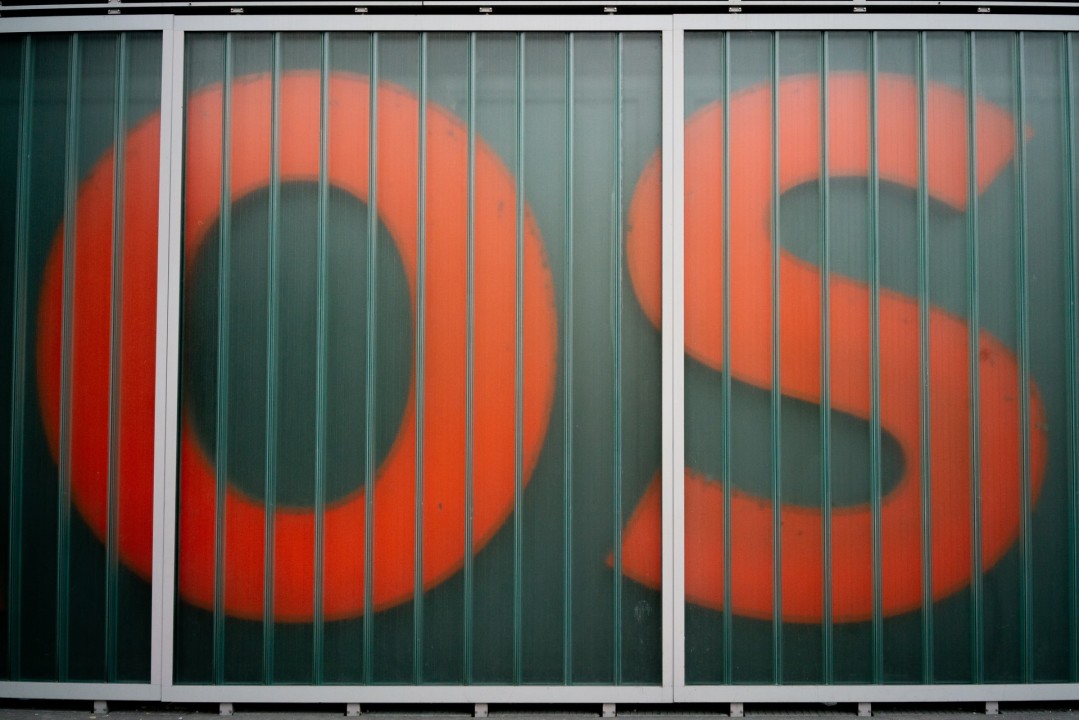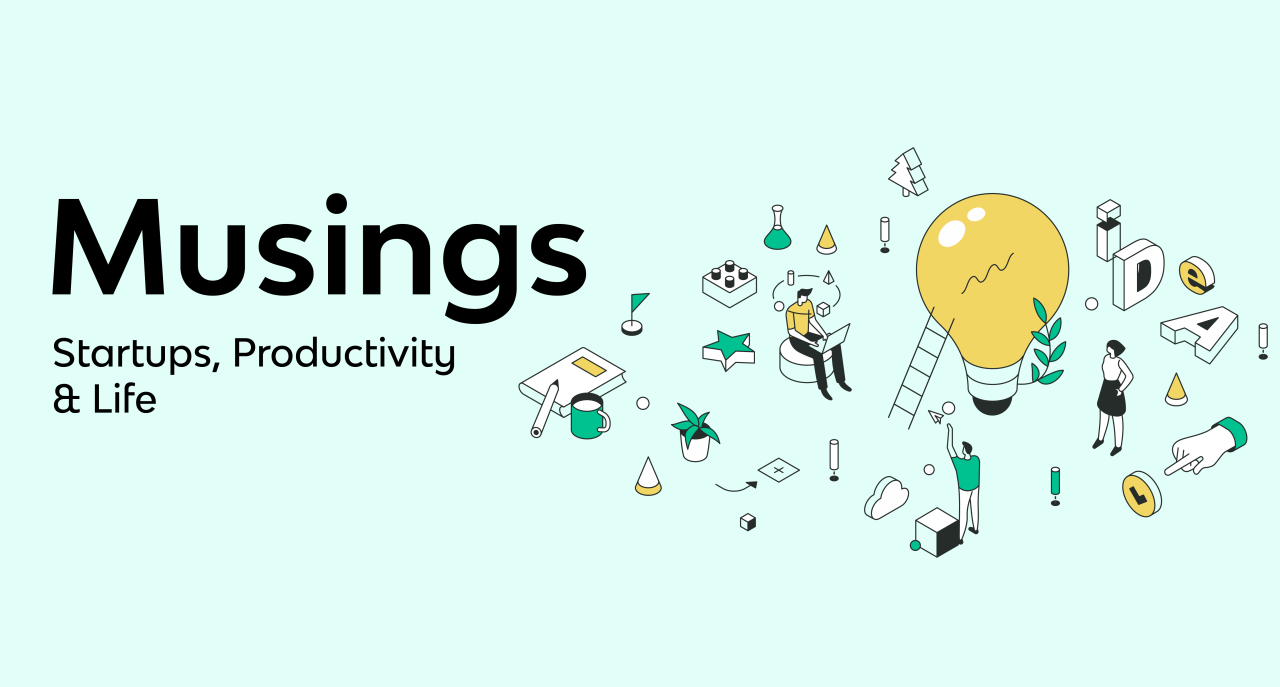Over the past couple of weeks, I have been thinking about how to organize the various topics that we are covering in Musings, into a framework. Contemplated a bunch of different concepts, and finally, the techie in me won. Went for the “Personal OS“ – closely mirroring an operating system (OS) in any computing device. Here is a napkin drawing of the components:
An OS has three main layers – Hardware, Core OS, and Applications. Each of us has a similar personal OS that we operate on – just that we don’t think about it.
Hardware layer → In the computing world, this is the physical hardware – CPU, memory, camera, etc. In this framework, our physical and mental well being comprises our hardware. We could have the best applications on our computing device, but if the hardware is defective – the performance will not be excellent. Remember the last time you tried to play that high fidelity game on a low-end phone? Similarly, everything in our life depends on having a sound mind and a healthy body. We need to take care of our God-given hardware and keep it in peak condition. The best news is, unlike in the computing world, by maintaining a better core and sound applications, we can make our hardware more efficient over time.
Core OS → In the computing world, we are used to Operating Systems like Mac, Windows, Android, iOS, and so on. This is the layer that talks to hardware directly. Our Personal OS comprises the core things that directly contribute to our physical and mental well-being and make us tick. Be it setting a vision for our life, principles we adhere to, habits we develop, the faith we cultivate, ethics we won’t compromise, grit with which we approach life, and so on. Whatever life throws at us, this Core is what is going to keep us afloat. Core to each of us might differ slightly. It is essential to identify what matters to us the most and understand why.
Applications → In the computing world – this is the fun layer – applications like email, chat, browser, games, and so on, that we are very familiar with and use a zillion times daily. The good news is, we don’t have to be a developer to create these applications for our Personal OS. All we need to do is, understand what our Core is, in life, and build applications that support the Core. Be it, developing skills like Deep Work that we talked about last week or any others listed in the diagram.
As we reflect on our Personal OS, it would be good to think about what we value dearly, that may or may not be in the diagram above – the list is in no way exhaustive. Please share your reflections in the comments. We can then learn together on how to develop our Core and Applications so that our Hardware is always in peak performance mode.
Highlights:
Chop Wood, Carry Water – Many components of the Personal OS is covered well in this book. It is a short but beautiful book (hat tip to Farnam Street Recommendation) that spoke to me deeply. Next week, we will come back to one aspect covered well in this book.
“Founders Stack” – This is a program we envisioned and launched earlier this year at work. It’s aimed at first-time founders who could use some expert mentorship as they set out on their startup journey. Thanks to the 20+ mentors from the Accel family who gave freely off their time to help the startup community.
Quote:
“If you’re not making someone else’s life better, then you are wasting your time. Your life will become better by making other people’s lives better.” – Will Smith
Spotlight:
Talking of help, I exchanged messages with a founder today, and he pointed out how someone we both mutually care about, was not welcoming help. That reminded me of this funny movie clip from Jerry Maguire (wish I could beep out the foul language – sorry!) – but it’s so true that many of us don’t let others help us. The most successful people I know are not afraid to ask for help.
Productivity Hack:
The above doodle of the “Personal OS” was done on an iPad using the Notability app. Taking hand-written notes (vs only typed) is super helpful for the simple reason of being able to sketch ideas. Notability and GoodNotes are both reasonably good. Here is a comparison you might find helpful to decide.
That’s all for today. A quick reminder to share your ideas via the “Musings Idea Board” (thanks to all who submitted ideas), or as a comment. And please subscribe to the newsletter so that you don’t miss it next Saturday, and would really appreciate it if you can share it with others who might find it helpful.


